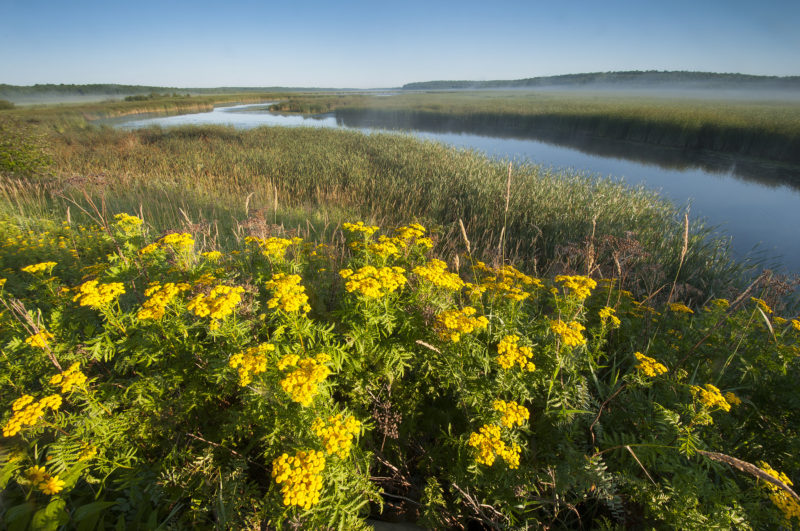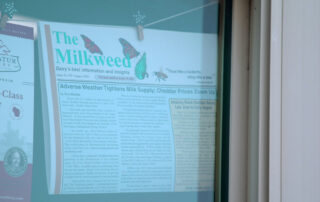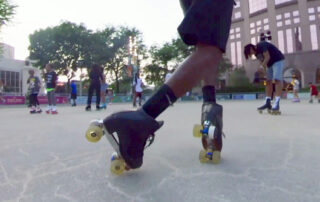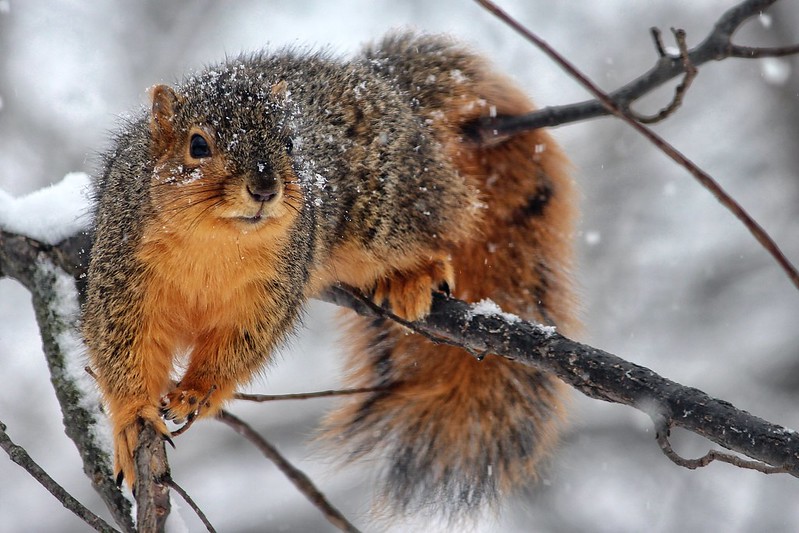At thirteen, I set off for camp in northern Wisconsin to run rapids on churning rivers. Our counselor, Phil, asked our group of eight boys if we were tough enough to paddle the legendary Totagatic River. No other group at camp had dared do it. “Yeah!” we cheered..
The van dropped us off with four canoes, a dozen heavy Duluth packs, and a map showing level III and IV rapids that we’d have to scout before shooting in our canoes. If trouble arose in this age before cell phones, the only way to communicate with the outside world was to hike dozens of miles to a pay phone. We had a dime taped inside the metal first aid kit for the call.
We paddled on the pristine lake under a sunny sky, but couldn’t find the big river. Instead, we found a sign at the head of a creek announcing the Totagatic “flowage,” which provided some good, disgusting jokes. Apparently, this trickle of water was the legendary Totagatic River.
We waded in the stream holding the canoes since it was too shallow and rocky to stay aboard. At times, we had to carry the packs on our backs and portage the canoes over fallen trees and boulders.
This went on for three days. The river never opened up, and the rapids were definitely level-V since they were impassable—because of lack of water. If we turned back, wouldn’t that be admitting failure? We continued downstream in hopes of open water. On the fourth day it rained. Our feet had been soaking — or rotting — in water for so long it didn’t make a difference.
Then we saw civilization: the Blackburn hunting shack. Legend has it that a man named Blackburn buried gold near the spot in the 1890s. He died in a brutal axe murder. The spot is forever haunted. We bristled with fear and excitement as Phil inched open the door, half expecting to find someone or at least a ghost inside. We only found a couple of creepy beds and a makeshift hobo kitchen. We piled into the little cabin to wait out the rain.
Phil pulled out chocolate to raise our spirits. It was then that he broke the harsh news: the camp van would be waiting to pick us up in five days, but far down river. We planned on paddling ten miles a day, but we’d barely managed two. In other words, we were stuck in the woods.
We pushed on — without any gold bullion. Our packs were lighter but that’s because our food was almost gone. On the ninth day of our hiking trip with canoes, we almost missed the car bridge overhead. Apart from the ancient hunting shack, this was the first sign of other humans we’d seen in days.
Phil yelled for us all to stop. He grabbed the dime from the first-aid kit and hitchhiked to a pay phone. By that evening our adventure was over.
Back at camp, we ate ice cream. The others hailed us as “heroes” for surviving the trip. Strangely, we were sad that our canoe trip on a nonexistent river was over. I joked that if you want to “build character,” just sleep in a swamp for a week and you’ll somehow become a better person.
This story is excerpted from You’re Sending Me Where? Dispatches from Summer Camp (University of Minnesota Press)








